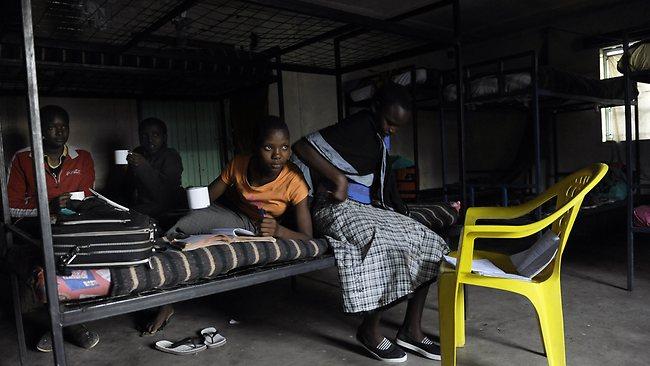
A survey funded by the United Nations Trust Fund to End Violence against Women (UN Trust Fund), on the practice of Female Genital Mutilation (FGM) in Oyo, Osun and Ekiti States has shown that in spite of the gains that have been made in the reduction of the practice, its prevalence in the three states is still significant.
The report of the survey, which was carried out under ‘The StopCut Project’ of the HACEY Health Initiative, a development organisation focused on improving the health and productivity of vulnerable and underserved populations in Africa, noted that the result has indicated the need for intensified efforts towards the abandonment of the practice.
The StopCut Project Lead, Miss Oluwatomi Olunuga, presented the report to journalists yesterday at Ibadan Business School, which also featured the launch of various publications and a video documentary on FGM.
The event brought together high-level representatives from United Nations agencies, the European Union, government ministries, non-governmental organisations, media houses, and other key stakeholders to engage participants towards amplifying the ‘End FGM messages’, advocacy, and campaign activities carried out by stakeholders as well as increase awareness on the prevalence of FGM.
According to the report, “The prevalence of this practice reflects the number of people who were circumcised at the time of this raid. It also reflects the extent of the government, and calls for interventions to be implemented to reduce the practice. Our study revealed that over 50 per cent of women of child-bearing age in the three project states – Osun (76.8 per cent), Oyo (51.8 per cent) and Ekiti (52.6 per cent), have been mutilated.
“The findings from Oyo and Ekiti States revealed a 3.3 per cent and 10 per cent reduction in the prevalence of the practice compared to the 2016-2017MICS study. However, there was a nine per cent increase in the prevalence of FGM in Osun State in comparison. While gains have been made in the reduction of the practice of FGM, the prevalence in the three states remains significant, indicating the need for intensified efforts towards the abandonment of this practice.”
The StopCut Project also delved into the prevalence of FGM among girls that are below 14 years, saying more than a third of women in the study areas had a mutilated child, which represents an increase of more than 10 per cent in recent FGM practice “when compared to the 2016-2017MICS study.”

